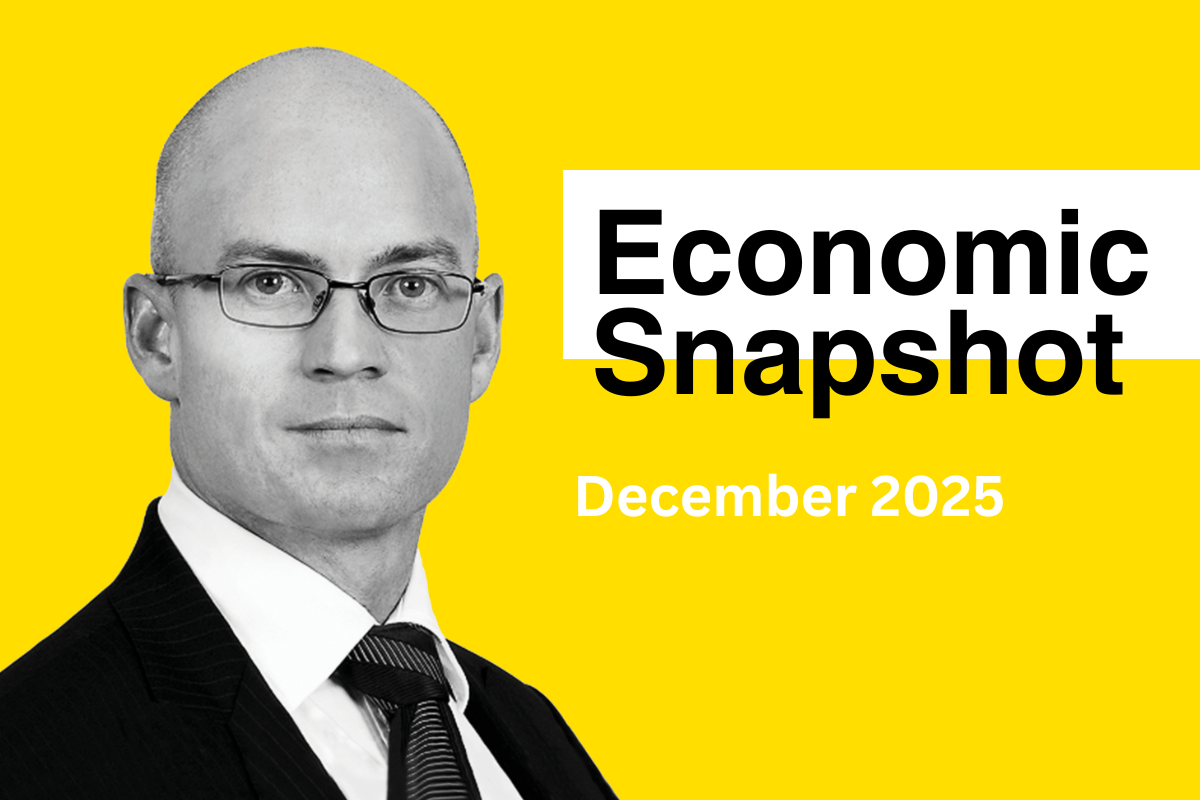How to Reduce Living Expenses in Australia: Practical Tips

Staying on top of your budget is more important than ever as the cost of living continues to rise. Many Australians are feeling the pinch – nearly two-thirds of people have cut back on discretionary “lifestyle” spending in the past year due to higher living costs. Essentials like groceries, fuel, and utilities top the list of household worries, with most concerned about food prices, followed by fuel and power bills. If you’re wondering how to reduce living expenses without sacrificing your quality of life, this guide will break down practical strategies by category. From housing and groceries to transport, utilities, subscriptions, and entertainment, here are some Australia-specific tips to help families and young professionals save money.
Housing: Cutting Costs on Rent and Mortgage
Housing is often one of the biggest living expenses for Australian households. Rents in many cities are at record highs, and vacancy rates remain very low. Whether you’re renting or paying off a mortgage, there are ways to ease the burden:
- Negotiate or Downsize: If you’re renting, talk to your landlord about lease options – a longer lease or demonstrating you’re a reliable tenant might help avoid frequent rent hikes. Consider downsizing or moving to a more affordable suburb if feasible. With rental markets easing slightly, you may find a better deal by shopping around.
- House Hacking: If you have spare space, getting a roommate or renting out a room can significantly offset rent or mortgage costs. Many young Australians have saved money by moving in with housemates or family – even a short-term arrangement can help you build savings.
- Refinance Your Mortgage: Homeowners should review their home loan rate. After several interest rate rises, you might save by refinancing to a lower-rate lender or asking your bank for a better deal. Even a small rate reduction can save thousands over a year.
- Check for Assistance: Explore government programs or grants. For example, eligible low-income renters can seek Commonwealth Rent Assistance, and some states have relief programs for first home buyers or housing support.
Groceries: Saving on Food Bills
Food shopping is another major budget item, and prices have been climbing. Grocery costs were higher over the past year, with basics like coffee and tea up significantly due to global supply issues. To spend less on groceries without compromising nutrition:
- Plan Meals and Shop Smart: Make a weekly meal plan and shopping list – and stick to it. Buy seasonal produce and home brands, which are often cheaper but just as good. Consider shopping at ALDI or local markets known for lower prices.
- Buy in Bulk (Strategically): For non-perishable staples or meat that can be frozen, buying in bulk can save money per unit. Splitting bulk buys with a friend or family member can help reduce waste.
- Use Loyalty Programs and Apps: Take advantage of supermarket loyalty schemes such as Woolworths Everyday Rewards to earn discounts on future shops. There are also free apps that track specials, and cash-back apps that earn you a few dollars back each time.
- Reduce Food Waste: Store leftovers properly or repurpose them for lunches. Freeze excess food and use it later. Simple habits like these mean you buy less over time.
- Cook at Home More: Cutting down on takeout and cooking at home can drastically reduce your food spending. Even one or two extra home-cooked dinners per week can save a household a significant amount each month.
Transport: Affordable Ways to Get Around
Transportation costs – whether fuel, car expenses, or public transit – add up quickly. With petrol prices periodically spiking, nearly half of Australians have considered driving less to save money. Here’s how to keep transport costs in check:
- Use Public Transport or Carpool: If you live in a city with decent public transport, compare the cost of a weekly transit pass to driving. Alternatively, set up a carpool with colleagues or friends.
- Fuel Price Apps: When you do need to drive, use fuel price finder apps or websites to locate the cheapest petrol nearby. Also, consider filling up on days when prices tend to be lower.
- Drive Efficiently: Save fuel by keeping your car well-maintained. Avoid rapid acceleration and heavy braking. Using air-conditioning judiciously can also stretch your fuel further.
- Rethink Car Ownership: If you hardly use your car or have good alternatives, you could downsize. Many young professionals are opting to sell seldom-used cars and use a combination of public transport, cycling, or ride-share.
Utilities: Reducing Energy and Water Bills
Electricity and gas bills have been a big pain point. Nearly half of Australians list power or utility bills among their top concerns. To save on utilities:
- Compare Providers and Plans: Use the government’s Energy Made Easy website to see if a different provider or plan could lower your rates. Many Australians can save hundreds a year by switching.
- Conserve Energy at Home: Adopt simple habits to use less power. Switch to LED light bulbs, turn off lights and appliances when not in use, and use fans instead of air-con when possible.
- Efficiency in Appliances: Run washing machines on cold water and only run full loads. If you have an older second fridge or freezer, consider whether you really need it.
- Water-Saving Tips: Take shorter showers, fix leaking taps, and use the dishwasher instead of hand-washing. Water the garden in the early morning or evening to reduce evaporation.
Subscriptions: Trimming Recurring Expenses
It’s easy to sign up for multiple streaming services, apps, and subscriptions – and just as easy to lose track of them. Australian households now hold several entertainment subscriptions on average. Here’s how to rein them in:
- Audit Your Subscriptions: List every recurring subscription and membership you have. Identify which ones you barely use and cancel or pause anything non-essential.
- Share and Save: For the subscriptions you do keep, see if there’s a family plan or an option to share.
- Stagger or Rotate Services: Instead of maintaining multiple streaming services year-round, consider rotating them. Subscribe to one or two at a time.
- Seek Cheaper Alternatives: Sometimes a free or cheaper alternative can replace a paid service. Libraries offer free e-books, magazines, and movie rentals online with a library card.
- Mind the Phone & Internet Bills: Review your mobile and broadband plans. Check usage and see if you can move to a cheaper plan. Many smaller providers offer big data for less.
Entertainment and Lifestyle: Budget-Friendly Fun
Having fun and enjoying life is important – but you don’t need to break the bank to do it. Entertainment and lifestyle costs are where many people find extra savings. The good news is you can still relax and treat yourself on a budget:
- Eat Out Smarter: Set a limit, like one cafe brunch or takeaway dinner per week. Look for dining deals and use discount apps.
- Enjoy Free or Low-Cost Activities: Explore local parks, beaches, hiking trails, and free events. Museums and galleries often have free entry days.
- Leverage Memberships and Rewards: Use loyalty points to cover flights or hotel stays. Even supermarket points can sometimes be converted into event tickets or gift cards.
- Socialise Creatively: Instead of meeting friends at expensive places, mix it up with budget-friendly hangouts like potluck dinners or picnics.
Making Saving a Habit
Reducing expenses isn’t a one-time task – it’s about building sustainable habits. Start by tracking where your money goes. Identifying a few quick wins can motivate you. Small changes really add up over time.
One useful mindset is to pause before any new purchase – ask yourself, can I shelve it, shrink it, or scrap it? Australians who adopted this approach saved a significant amount each month by curbing impulse spending.
Finally, take advantage of the resources out there. The Australian government’s MoneySmart website offers free budgeting planners and advice. Many state governments have cost-of-living portals listing concessions, rebates, and discounts.
By implementing some of these tips on how to reduce living expenses in Australia, you can relieve financial stress and take control of your budget. Start with a few changes that seem most doable for your situation – whether it’s meal prepping, canceling a streaming service, or carpooling twice a week. With a proactive approach and the right tools, you’ll find it’s possible to save money while still enjoying life in Australia. Happy saving!
Any advice is general in nature only and has been prepared without considering your needs, objectives or financial situation. Before acting on it, you should consider its appropriateness for you, having regard to those factors. Before making any decision about whether to acquire a financial product, you should obtain the Product Disclosure Statement.
Latest News Articles
Back to Latest News
What a Financial Plan Actually Looks Like

Realistic Budgeting Tips for Australians in 2026


